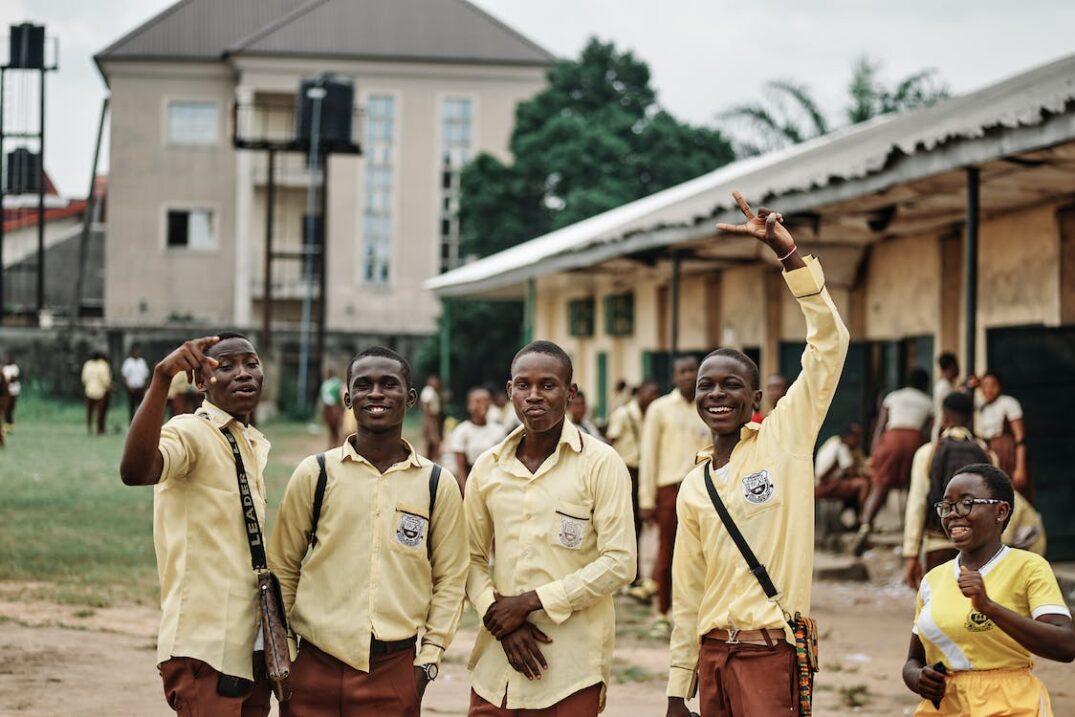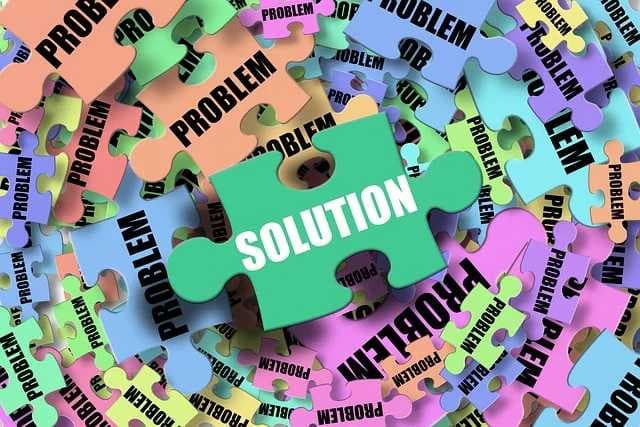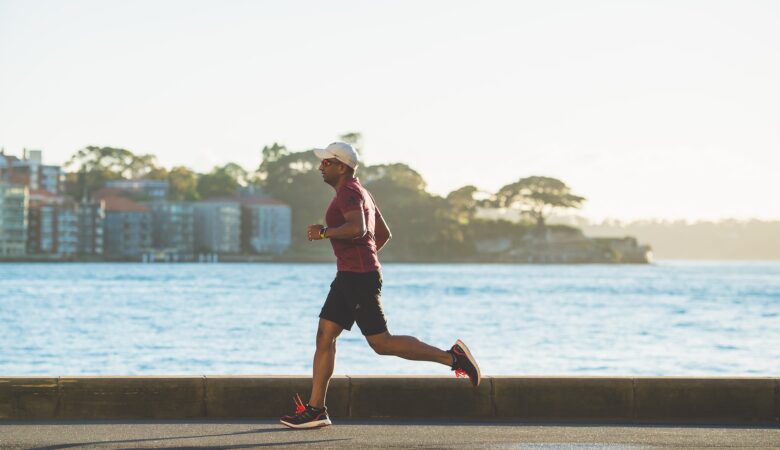Nigeria lacks modern healthcare infrastructure. Nigeria has among Africa’s lowest healthcare indices. With 5.5 healthy births per woman and a 3.2% annual growth rate, its population is expected to reach 400 million by 2050.
According to WHO, there are just 35,000 doctors despite a demand for 237,000, partly owing to the widespread migration of healthcare personnel overseas. Per the Nigerian Medical Association (NMA), medical tourism costs Nigeria $1.5 billion annually. More than half of this comes from India.
The government of Nigeria (GON) authorized the second National Strategic Health Development Plan (NSHDP II, 2018-2022) to combat this trend and assure access to health for all Nigerians. The Nigerian Sovereign Investment Authority (NSIA) has inked agreements to upgrade and extend health care services through private sector engagement. The agreements aim to improve hospitals’ and labs’ ability to deliver modern medical treatment.
Ten internal documents of the agreement have been inked between the NSIA, the MoH, and other healthcare facilities across the country’s six geographic zones, with six in the late stages. In February 2019, President Buhari opened the Lagos University Teaching Hospital (LUTH) Cancer Care Center with Varian Inc. and GE technology.
In conjunction with the NSIA, the MoH has set innovative new aims to enhance access to health services, including primary care clinics (PHCs). To assure healthcare access for 100 million Nigerians, the MoH wants to develop 10,000 PHCs across the country, including at least one ward. Five years after the project’s beginning, nothing has been accomplished due to a lack of a sustainability strategy, finance, and human resources.

GON wants to improve care, develop infrastructure, and decrease insurance restrictions. Although Nigeria’s 1999 NHIS aims for universal coverage, adoption remains low. One hundred twenty million Nigerians lack healthcare coverage, and less than 5% of the population is registered with the NHIS. Most people pay for healthcare themselves. NHIS says the non-mandatory structure of health insurance in Nigeria hinders participation rates. The NHIS has yet to reach most residents, especially those in the country’s substantial informal sector. NHIS and HMOs want legislation to require firms with more than 10 workers to provide health insurance.
The competitive insurance market implies HMOs slash pricing to seek market share, resulting in inferior patient care. According to the NHIS, 40 approved HMOs compete for market share in Nigeria.
The pandemic highlighted the need for healthcare sector investments. GON has built more diagnostic and lab sites for CDC National Center for Disease Control (NCDC).
“National Strategy to Scale up Coronavirus Disease Testing in Nigeria” was released in 2020. This program outlines expanding the NCDC research lab infrastructure for molecular RT-PCR, leveraging capabilities in High Throughput HIV molecular testing labs, repurposing point-of-care tuberculosis screening GeneXpert devices for COVID-19 testing, involving private sector clinics and research labs, and using antibody and antigen tests to learn more information on the disease.
The NCDC says growing investment in molecular labs shows the need for a hub-and-spoke strategy for public health labs in Nigeria. Every state will have a molecular lab connected to the NCDC National Reference Laboratory. Each state’s molecular lab will act as a center for other disease-specific labs, such as HIV and TB. The MoH is also repairing and developing new Federal Medical Centers.
Top Subsectors
Private clinics can’t afford new equipment and buy second-hand. US medical diagnosis and therapeutic equipment are innovative. MRI, CT, digital x-ray, mammography, ultrasonography, radiation treatment, and other modern technologies. Nigeria will also buy malaria, substance abuse, HIV/AIDS, and TB test kits. The quality of U.S. pharmaceuticals gives the U.S. an advantage in the vitamin market. China is a significant offshore provider of medical consumables such needles, syringes, sutures, staples, containers, tubing, catheters, surgical gloves, gowns, masks, sealants, and plasters for wound dressing. Before import, all medical devices and medications must be licensed with NAFDAC and SON.
Possibilities
As part of its health industry intervention in the COVID-19 epidemic, the GON, through its national oil firm, the National Petroleum Corporation (NNPC), started building 14 health clinics and upgrading and improving two intensive care units (ICU) throughout the country’s six geopolitical zones. Cost: $58 million.
The government lacks the finances to accomplish its health sector objectives; thus, the private sector must enhance Nigeria’s healthcare. GON and state governments use PPP to seek private-sector health project involvement. Lagos State proposes establishing a 120-150-bed Medical Park (MediPark) through a PPP to offer high-tech medical and diagnostic services. The $247.3 million facility will be built on 18,750.15 square meters formerly utilized by the Lagos State School of Nursing. In April 2021, the State began building Massey Children’s Hospital, a 150-bed children’s hospital that would be the largest in sub-Sahara Africa.
Nigerians in the diaspora perceive investment prospects in healthcare. They’re opening cancer, heart, and kidney hospitals.
Several Nigerian hospitals keep patient records on paper. This shows a need for simple, inexpensive EMR solutions. Doctors are few. Medical education and training will prosper. Hospital management, administration, and consulting have opportunities.
COVID-19 has created telemedicine prospects. E-health providers claim a spike in subscriptions. More individuals are using telemedicine to avoid hospitals because of fear of infection. The government, which ignored telemedicine before the outbreak, has begun using it in public health projects. E-health professionals predict a continued demand for telehealth services after the pandemic. They say this trend can be sustained through user participation and training on telemedicine’s significance.
Difficulties
Imported medical gadgets and pharmaceuticals must be verified with NAFDAC. This procedure is extensive and requires several papers.
Product copyright infringement and rights enforcement are prevalent. Nigeria’s diminishing oil earnings hinder its capacity to pay healthcare procurements and projects. To remain competitive, U.S. corporations must finance project proposals.










Leave a Reply